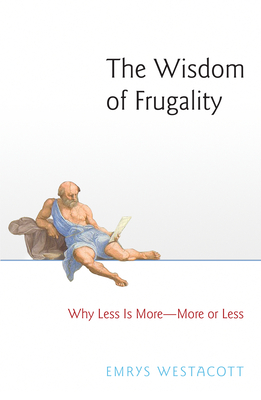Expedite your nonfiction book discovery process with Readara interviews, summaries and recommendations, Broaden your knowledge and gain insights from leading experts and scholars
In-depth, hour-long interviews with notable nonfiction authors, Gain new perspectives and ideas from the writer’s expertise and research, Valuable resource for readers and researchers
Optimize your book discovery process, Four-to eight-page summaries prepared by subject matter experts, Quickly review the book’s central messages and range of content
Books are handpicked covering a wide range of important categories and topics, Selected authors are subject experts, field professionals, or distinguished academics
Our editorial team includes books offering insights, unique views and researched-narratives in categories, Trade shows and book fairs, Book signings and in person author talks,Webinars and online events
Connect with editors and designers,Discover PR & marketing services providers, Source printers and related service providers

The Wisdom of Frugality: Why Less Is More - More or Less
Philosophy > Ethics & Moral Philosophy
- Princeton University Press
- Paperback
- 9780691180823
- 8.4 X 5.4 X 0.9 inches
- 0.85 pounds
- Philosophy > Ethics & Moral Philosophy
- (Single Author) Asian American
- English
Readara.com
Book Description
Why philosophers have advocated simple living for 2,500 years--and why we ignore them at our peril
From Socrates to Thoreau, most philosophers, moralists, and religious leaders have seen frugality as a virtue and have associated simple living with wisdom, integrity, and happiness. But why? And are they right? Is a taste for luxury fundamentally misguided? If one has the means to be a spendthrift, is it foolish or reprehensible to be extravagant?
In this book, Emrys Westacott examines why, for more than two millennia, so many philosophers and people with a reputation for wisdom have been advocating frugality and simple living as the key to the good life. He also looks at why most people have ignored them, but argues that, in a world facing environmental crisis, it may finally be time to listen to the advocates of a simpler way of life.
The Wisdom of Frugality explores what simplicity means, why it's supposed to make us better and happier, and why, despite its benefits, it has always been such a hard sell. The book looks not only at the arguments in favor of living frugally and simply, but also at the case that can be made for luxury and extravagance, including the idea that modern economies require lots of getting and spending.
A philosophically informed reflection rather than a polemic, The Wisdom of Frugality ultimately argues that we will be better off--as individuals and as a society--if we move away from the materialistic individualism that currently rules.
Author Bio
Emrys Westacott is professor of philosophy and human studies at the College of Liberal Arts & Sciences Alfred University. His research interest cover modern and ancient philosophies, philosophy and religion and philosophy of social sciences.
Professor Emrys has worked in the Human Studies department and as a philosophy professor at A.U. for over 20 years. A prolific reader and writer, his work has been featured in popular and scholarly publications alike; his most recent book, The Wisdom of Frugality: Why Less is More–More or Less, was published in 2016, and his article “Philosophers Who Like Stuff: Their Case Against Frugality” was published in the Fall 2017 issue of Humanities magazine.
Research Interests
Modern Philosophy, Ancient Philosophy, Social and Political Philosophy, Applied Ethics, Philosophy of the Social Sciences, Logic, Aesthetics, Philosophy and Literature, Philosophy of Religion
Education
- University of Texas at Austin Ph.D. in philosophy, 1995, Dissertation: ‘Relativism and the Critique of Reason’ Advisor: Robert Kane
McGill University M.A. in philosophy, 1984 Thesis title: 'Kant’s Concept of Intellectual Intuition' Advisor: George di Giovanni
University of Sheffield (UK) B.A. in philosophy (first class honours), 1979
Source: Alfred University and
Videos
No Videos
Community reviews
No Community reviews

